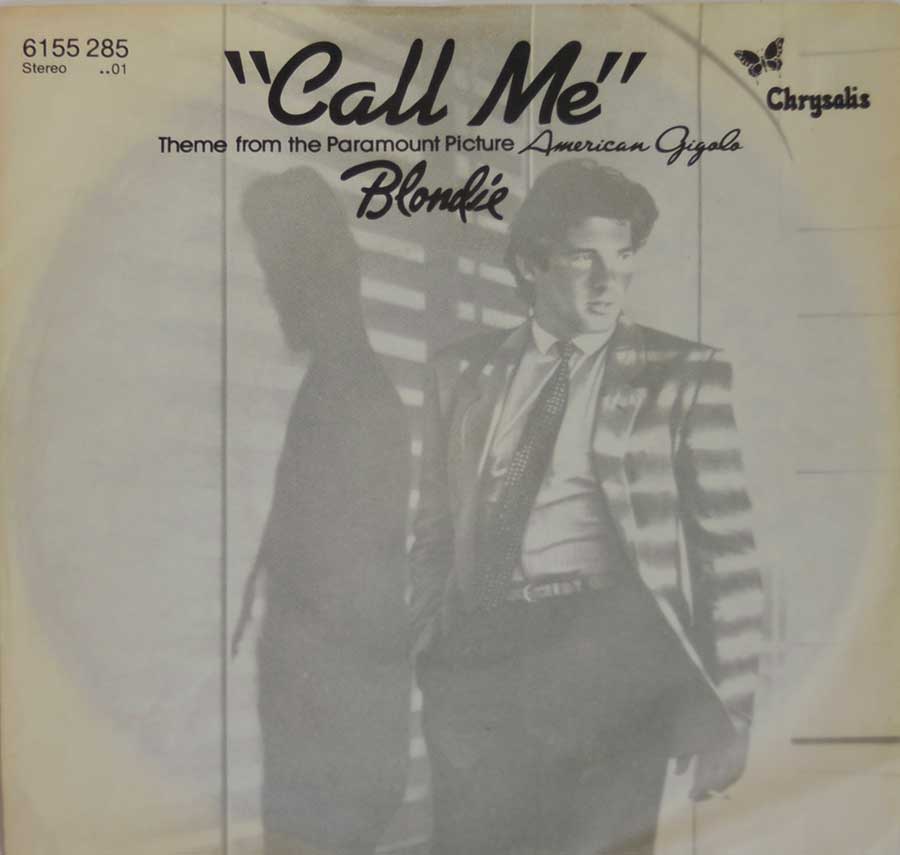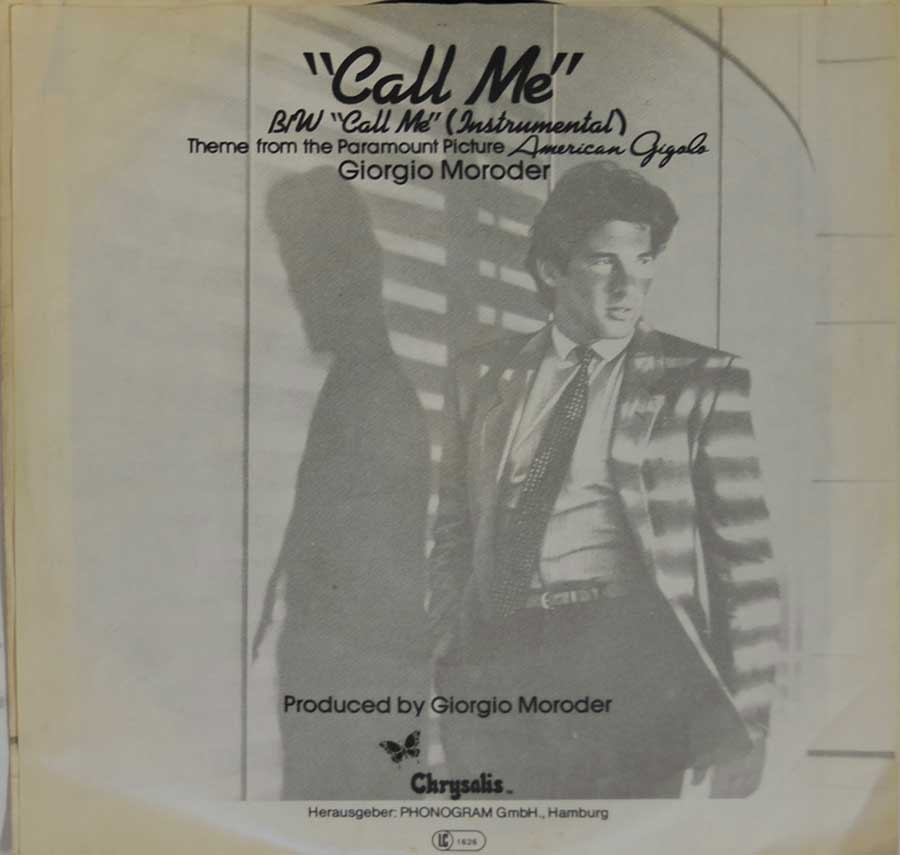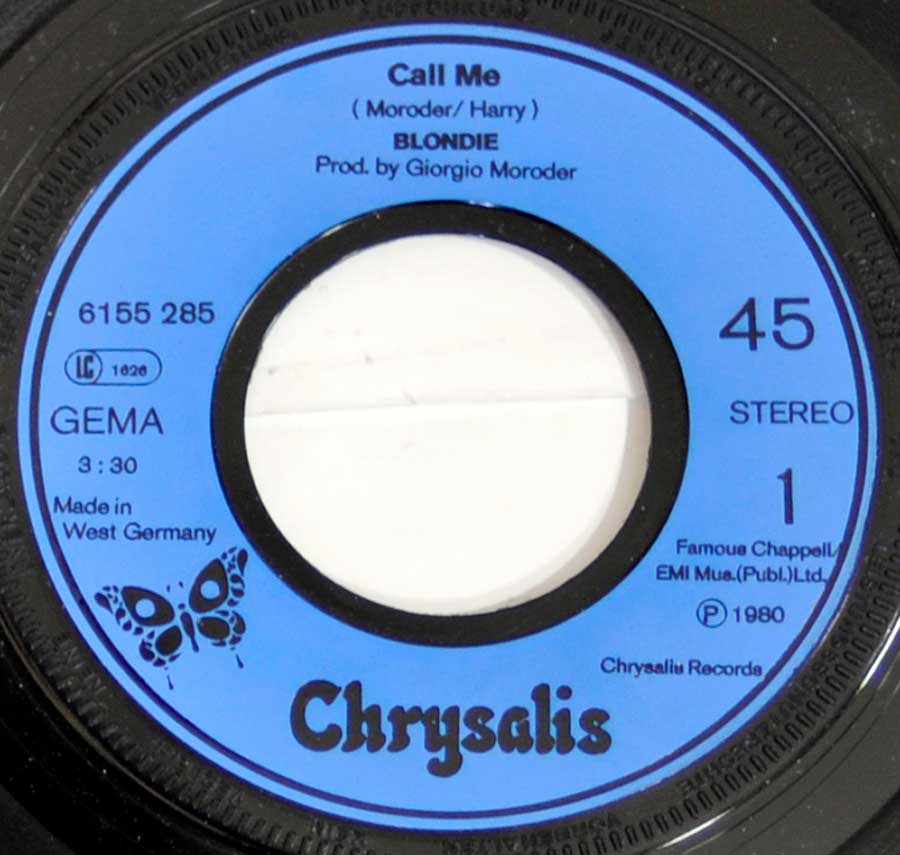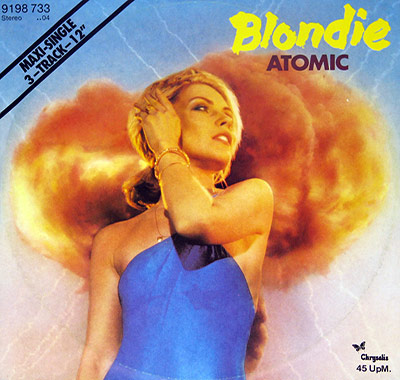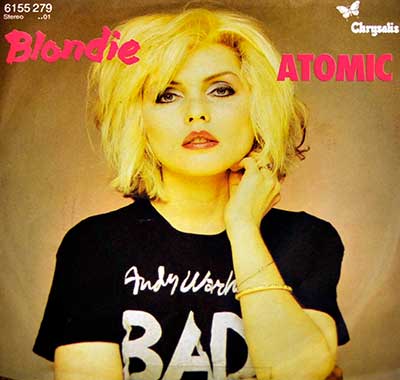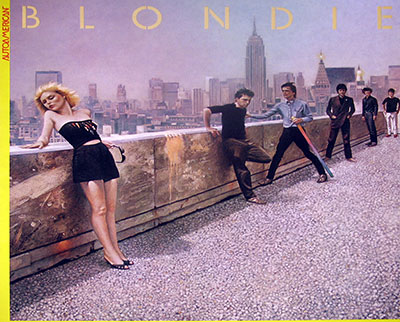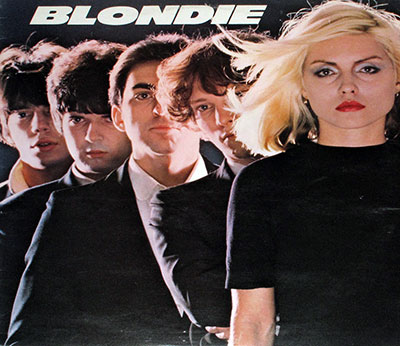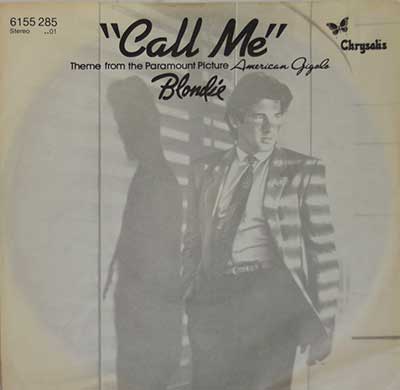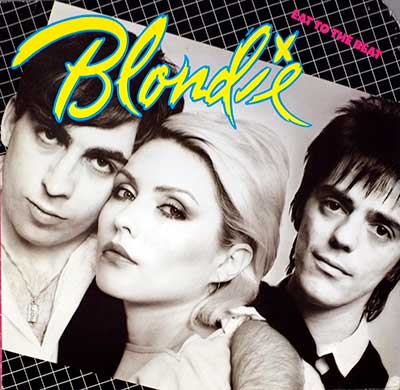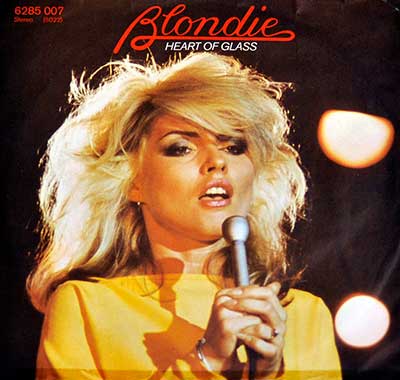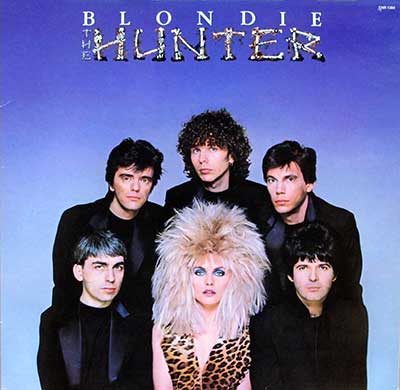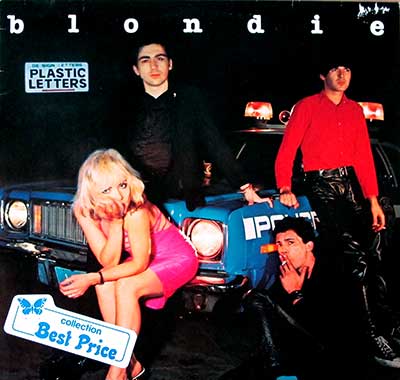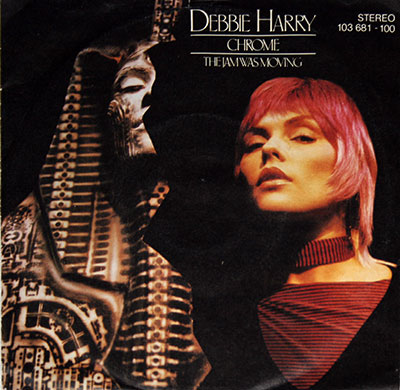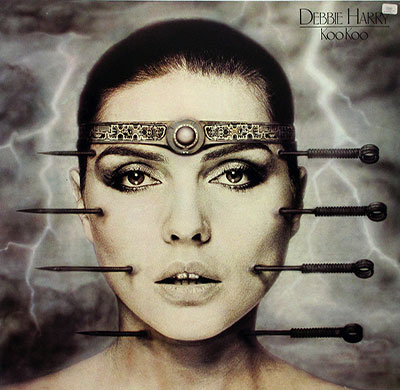"Call Me" Album Description:
"Call Me," the electrifying anthem by American New Wave band BLONDIE, not only stands as the band's biggest-selling single but also became an iconic part of the American Gigolo soundtrack. Released as a 7" Picture Sleeve SINGLE VINYL in 1980, the song soared to the top of charts on both sides of the Atlantic.
The American Gigolo Connection:
"Call Me" was not just a hit; it was the theme song for the Paramount picture American Gigolo. The synergy between BLONDIE's pulsating energy and the film's stylish narrative created a cultural moment that transcended music, making "Call Me" synonymous with the film's allure.
Chart-Topping Success:
In 1980, "Call Me" achieved remarkable success, claiming the number one spot on both the US and UK singles charts. This dual triumph solidified its status as BLONDIE's most commercially successful single and their second number-one hit in the US.
The Sonic Landscape of "Call Me":
The song's allure lies in its dynamic blend of rock, new wave, and disco elements. Debbie Harry's sultry vocals, coupled with the infectious guitar riffs, created a sonic tapestry that resonated with a global audience, making "Call Me" a timeless masterpiece.
7" Picture Sleeve SINGLE VINYL:
The single's release in a 7" Picture Sleeve format added a visual dimension to the musical experience. The iconic cover art, featuring the band and capturing the essence of the era, became a collector's item and a tangible representation of BLONDIE's cultural impact.
Legacy and Enduring Popularity:
"Call Me" continues to be a cultural touchstone, not only for BLONDIE fans but for music enthusiasts worldwide. Its inclusion in American Gigolo and its chart-topping success cemented its place in the pantheon of iconic songs that define an era.
